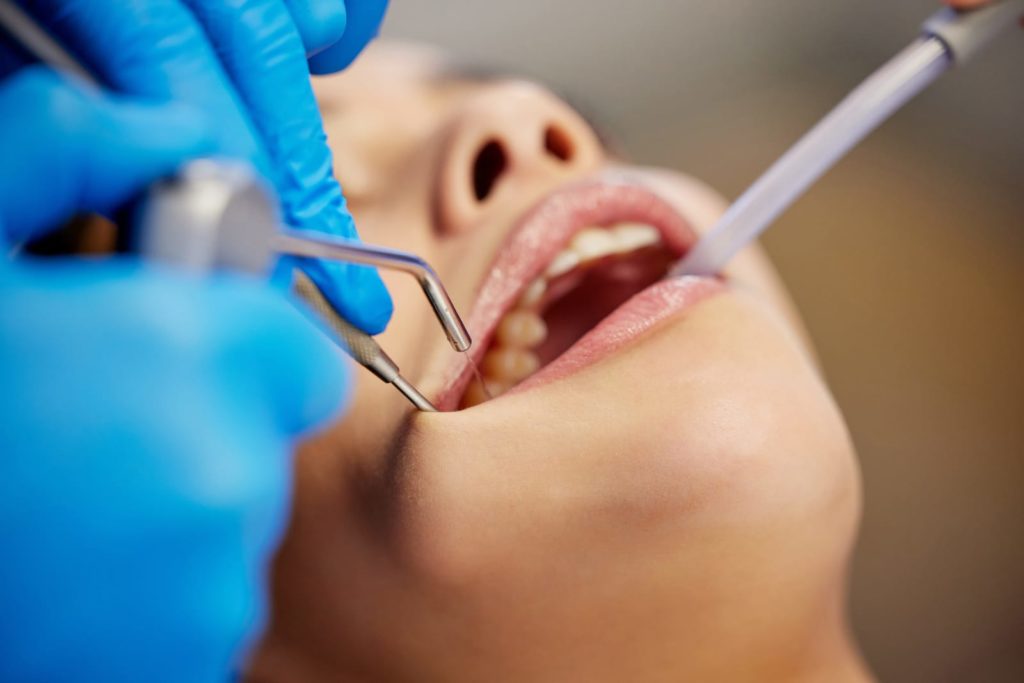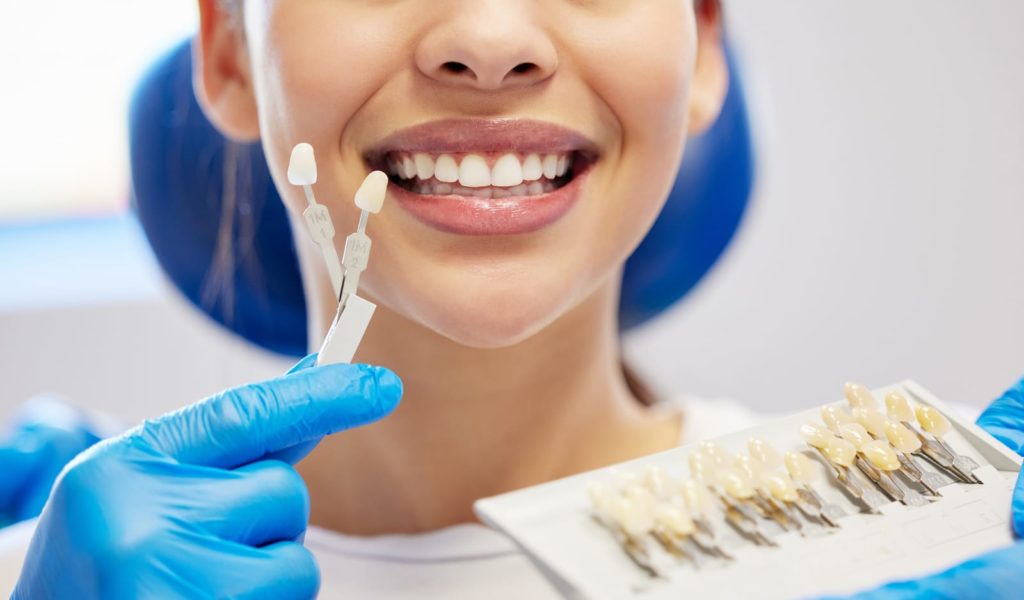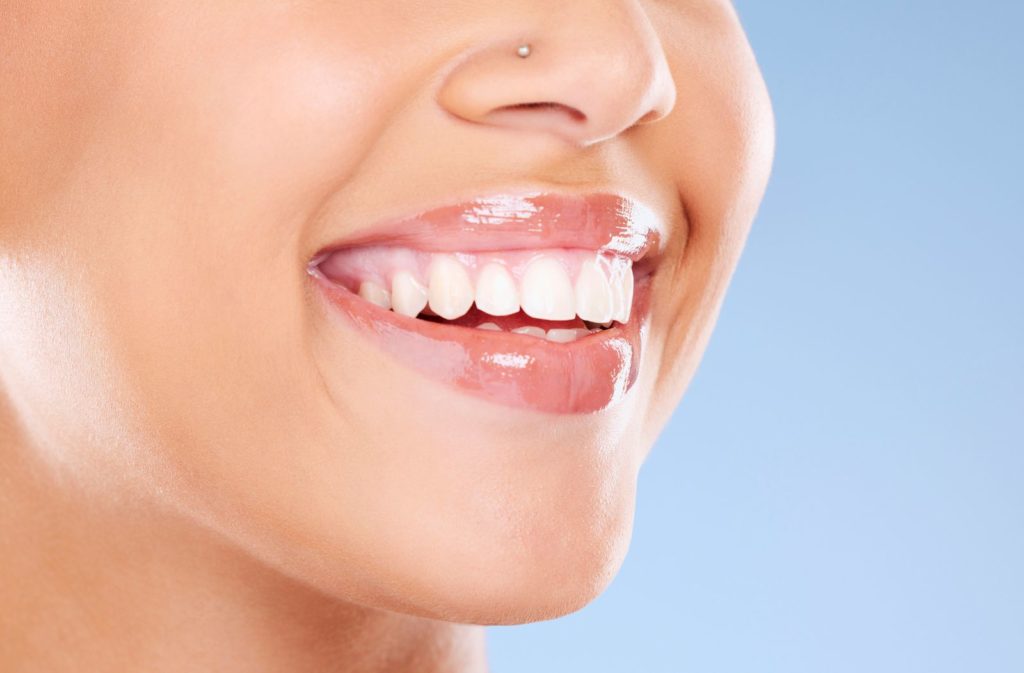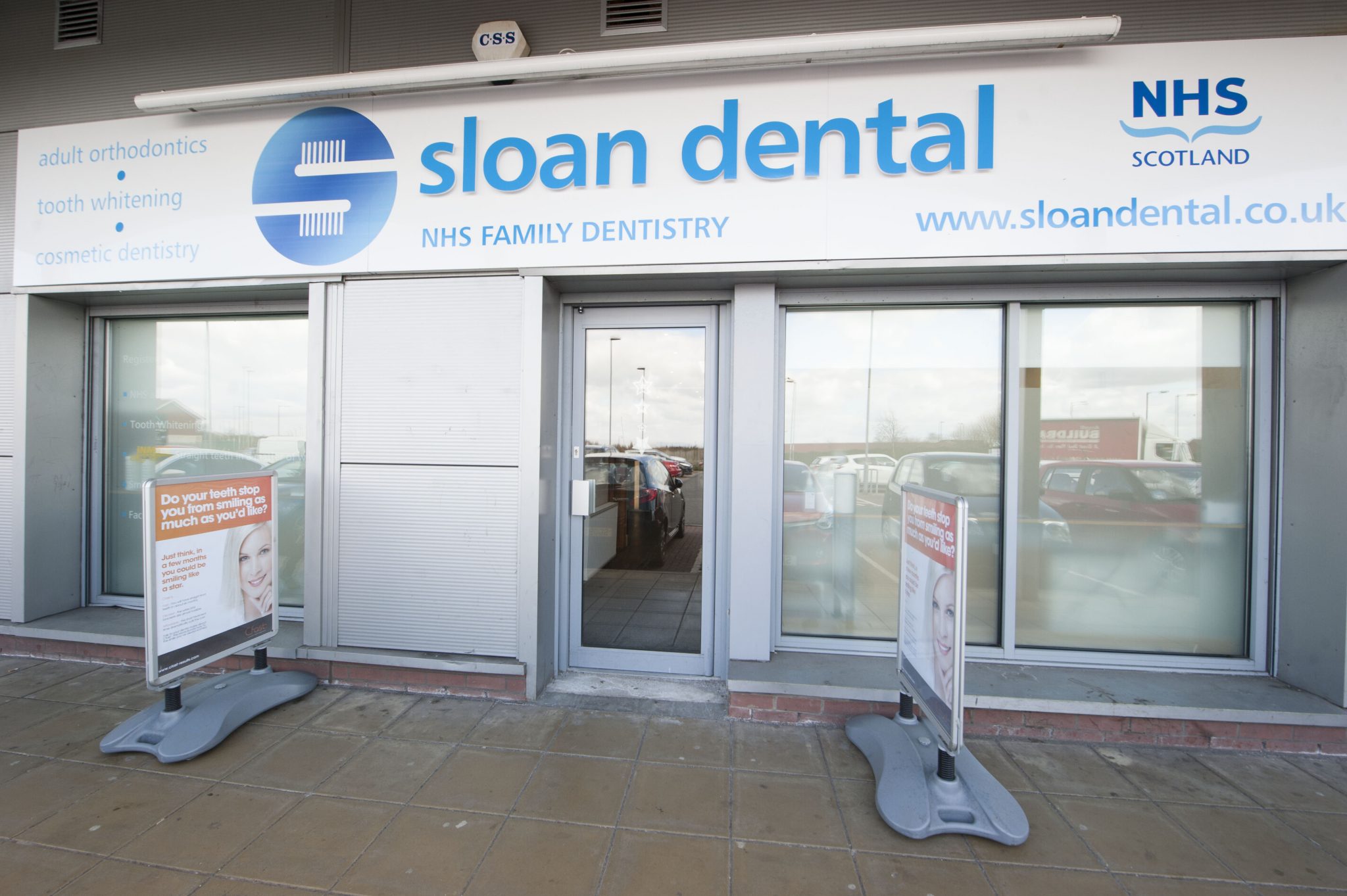Teeth whitening is one of the most sought-after treatments offered by cosmetic dentists, and for good reason. In-office whitening delivers quick, noticeable results that can instantly brighten your smile.
However, to get the best outcome from your whitening session, it’s important to do a little preparation beforehand.
Many people don’t realize that taking a few simple steps before the appointment can make a big difference in achieving the desired results.
So, in this blog, we’ll share some helpful tips to get you ready for your teeth whitening treatment.
Struggling with discoloured teeth? Contact us now to help get the stubborn stains off the way.
Tips to Ensure Your Whitening Treatment Goes As Smoothly As Possible
#1: Make Sure the Teeth Are Healthy
Before you go in for teeth whitening, it’s important to ensure your teeth are in good health.
Professional whitening is effective on external stains typically caused by food, drinks, and smoking. But it won’t work on teeth that are discoloured from internal issues like decay, trauma, or long-term antibiotic use.
To get the best results, it’s a good idea to have your teeth checked by a dentist before your whitening appointment.
During this evaluation, your dentist can determine if your teeth are healthy enough for whitening and recommend the best type of treatment for your needs.
There are different methods of professional whitening, and choosing the right one based on your dental health can make a big difference in the outcome.

#2: Get a Professional Cleaning
Before your teeth whitening treatment, it’s a good idea to have your teeth professionally cleaned.
This helps remove any plaque, tartar, or other deposits that could interfere with the whitening process, ensuring that your teeth are as clean as possible for the best results.
A thorough cleaning also helps the whitening treatment work more evenly across all your teeth, preventing any uneven patches or areas that might otherwise remain discoloured.
This step ensures that your smile will be bright and consistent after the whitening procedure.
#3: Be Smart About Tooth Sensitivity
Teeth whitening can sometimes lead to increased sensitivity. The bleaching agents used can make your teeth more porous, allowing hot, cold, and even certain ingredients like sugar or acids to reach the nerve more easily.
This can result in discomfort during and after the whitening process.
To minimise sensitivity, it’s a good idea to start using a desensitising toothpaste before your treatment.
Look for one that contains ingredients like strontium chloride or potassium nitrate, which help reduce the nerve signals that cause sensitivity.
This simple step can make your whitening experience much more comfortable.

#4: Choose an Exact Shade
To ensure your teeth whitening results look natural, it’s important to select the right shade.
Dentists use a shade guide to determine your current tooth colour and help you choose the desired shade. This tool allows you to visualise how bright you want your smile to be.
Using a shade guide also provides a reference point for comparing the final results. After the whitening treatment, you can see how closely your new smile matches the chosen shade. That will help you achieve the most accurate and satisfying outcome.
#5: Avoid Staining Foods and Drinks
In the days leading up to your teeth whitening treatment, it’s a good idea to avoid foods and drinks that can stain your teeth.
Beverages like coffee, tea, red wine, and dark sodas, as well as foods like berries and tomato sauce, can contribute to discolouration.
Steering clear of these items before your appointment helps ensure your teeth are as free from stains as possible, allowing the whitening process to be more effective.
After your treatment, continue to avoid these staining substances for at least 48 hours.
Your teeth are more susceptible to staining immediately after whitening, so sticking to a “white diet” of clear or light-coloured foods and drinks can help maintain your bright, new smile.
#6: Plan Your Timing
Timing is crucial when scheduling your teeth whitening treatment, especially if you have a special event coming up.
It’s best to plan your whitening session at least a week before your event to allow any potential sensitivity to subside and give the final shade of your teeth time to settle.
This ensures that your smile will be at its brightest and most comfortable when you need it to be.
Additionally, if you’re planning multiple cosmetic dental treatments, such as bonding or veneers, discuss the timing with your dentist.
Whitening your teeth first can help you achieve a consistent colour for all your dental work, ensuring a cohesive and natural-looking smile.

Let’s Help You Achieve Your Dream Smile Today!
If you’ve been thinking about brightening your smile, there’s no better time to take action.
At Sloan Dental in Glasgow, we’re here to help you achieve the radiant, confident smile you’ve always wanted with our professional teeth whitening treatments.
Don’t wait any longer – schedule your appointment with us today and let’s start your journey to a brighter, more beautiful smile!
Call us now on 01505 862272!
FAQs
I have a dark front tooth; can I whiten it?
A dark front tooth can be tricky to whiten, especially if the discolouration is due to internal factors like trauma or decay.
While traditional whitening may not be effective, we can help evaluate the tooth and recommend alternative treatments, such as veneers or bonding, to improve its appearance.
How long does it take to whiten teeth?
The duration of teeth whitening varies depending on the method used. In-office treatments typically take about an hour and provide immediate results.
On the other hand, at-home whitening kits may take several days to a few weeks to achieve the desired brightness.
Does teeth whitening hurt?
Teeth whitening is generally a painless procedure, but some people may experience temporary sensitivity during or after treatment.
However, this is usually mild and subsides within a few days. Using a desensitising toothpaste before and after treatment can help minimise any discomfort.
Will whitening my teeth damage my enamel?
When performed by a professional, teeth whitening is safe and should not damage your enamel.
Dentists use carefully controlled whitening agents that effectively brighten your teeth without harming the enamel layer.
Will teeth whitening work on composites or bonding?
Whitening treatments do not work on composites, bonding, or other dental restorations.
If you have these materials in your smile, we can discuss other options to ensure a uniform appearance, such as replacing the restorations to match your newly whitened teeth.
How effective are at-home whitening products?
At-home whitening products can be effective for mild staining, but they typically don’t deliver the same results as professional treatments.
While over-the-counter teeth whitening kits and strips can lighten your teeth to some extent, they often take longer and may not achieve the same level of brightness.



